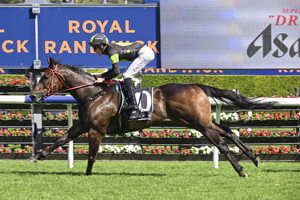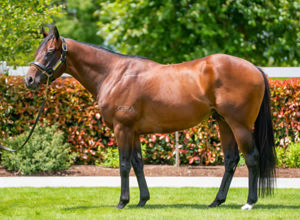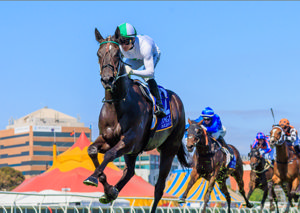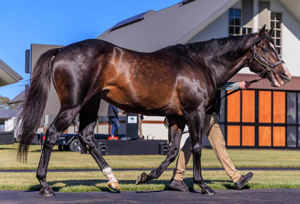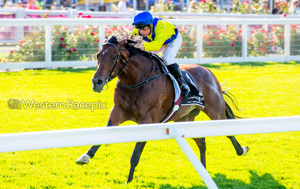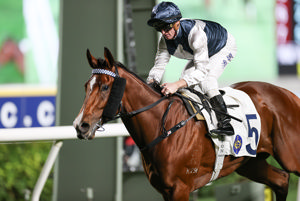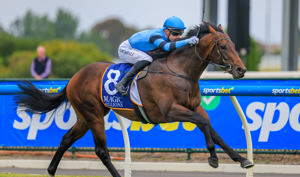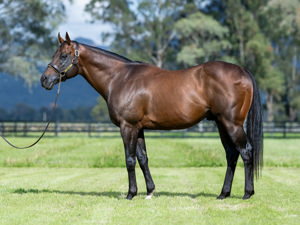The controversial issue of making Hendra Virus vaccination mandatory in the racing industry is once again the spotlight.
Thoroughbred Breeders Queensland President, Basil Nolan has slammed a symposium convened by Racing Queensland yesterday to discuss the topic.
Mr Nolan said of the fifty or so people who were invited to the meeting, most were vets, who are obviously in favour of compulsory vaccination, whereas there were a limited number of opponents.
Therefore, from the outset the vast majority of those in attendance were going to be in favour of compulsory vaccinations for racehorses, while those opposed had so few representatives they couldn't be given a fair hearing.
"This meeting was stacked to give a favourable outlook on mandatory HeV vaccine," said a disgruntled Mr Nolan.
"I really have to question the motives of even holding a symposium when there is clearly an unbalanced list of invitees, and therefore an unbalanced view presented."
Mr Nolan understands that vets fear for their safety, but was astounded to hear some of them say that the vaccine should be compulsory so that they don't have to wear personal protective equipment (PPE) because it's too hot!
"Really, if they have an attitude like that, how worried about their health and safety are they?" questioned Mr Nolan.
Mr Nolan believes the entire process is more about financial gain then workplace safety, as both the drug manufacturing company, Zoetis, and the vets, make a considerable profit from the administration of the vaccine.
He is also concerned that the drug company has a very limited clientele, being virtually Queensland only, so they need a good take-up here to make their profits.
Some vets are already refusing to treat horses that aren't vaccinated against HeV, even if they aren't showing symptoms of the virus.
"The vaccine costs are exorbitant, and because regulation states it has to be administered by a vet, you have those additional call out and treatment fees," said Mr Nolan.
"Thoroughbred Studs both large and small will be crippled by these costs."
Not only will studs be hit hard financially, but they stand to lose thousands of dollars in export sales, as many countries won't import horses who have been vaccinated for Hendra Virus. The effect on broodmares and foals has also not been adequately researched.
The thoroughbred industry is a prime target because it is a regulated industry; the horses are micro-chipped and their details kept in a database.
"It's easy to track racehorses so this can be forced upon us, while backyard horse owners, who are the ones most at risk, will escape the net."
The symposium also heard that if there is an outbreak at a racecourse the 'lockdown' would be a nightmare.
But Mr Nolan argues this paints an unrealistic picture about a virus that has probably been around for decades, and while any related death is tragic, there has not been enough contamination to warrant the hysteria that's ensued.
Racing Queensland is now considering the information presented at yesterday's symposium and will then decide if it should be compulsory for racehorses to be vaccinated.
But Mr Nolan is adamant that they can't make an informed decision when they've only heard one side of the story.
TBQA Release
